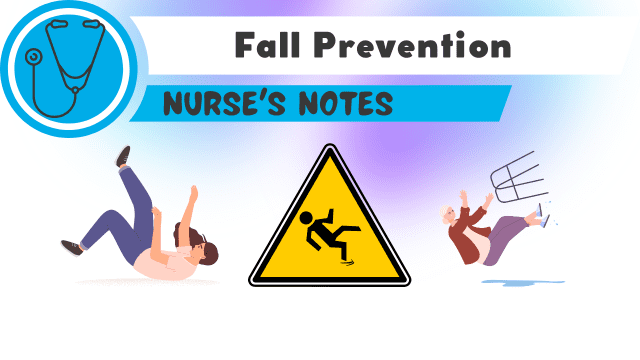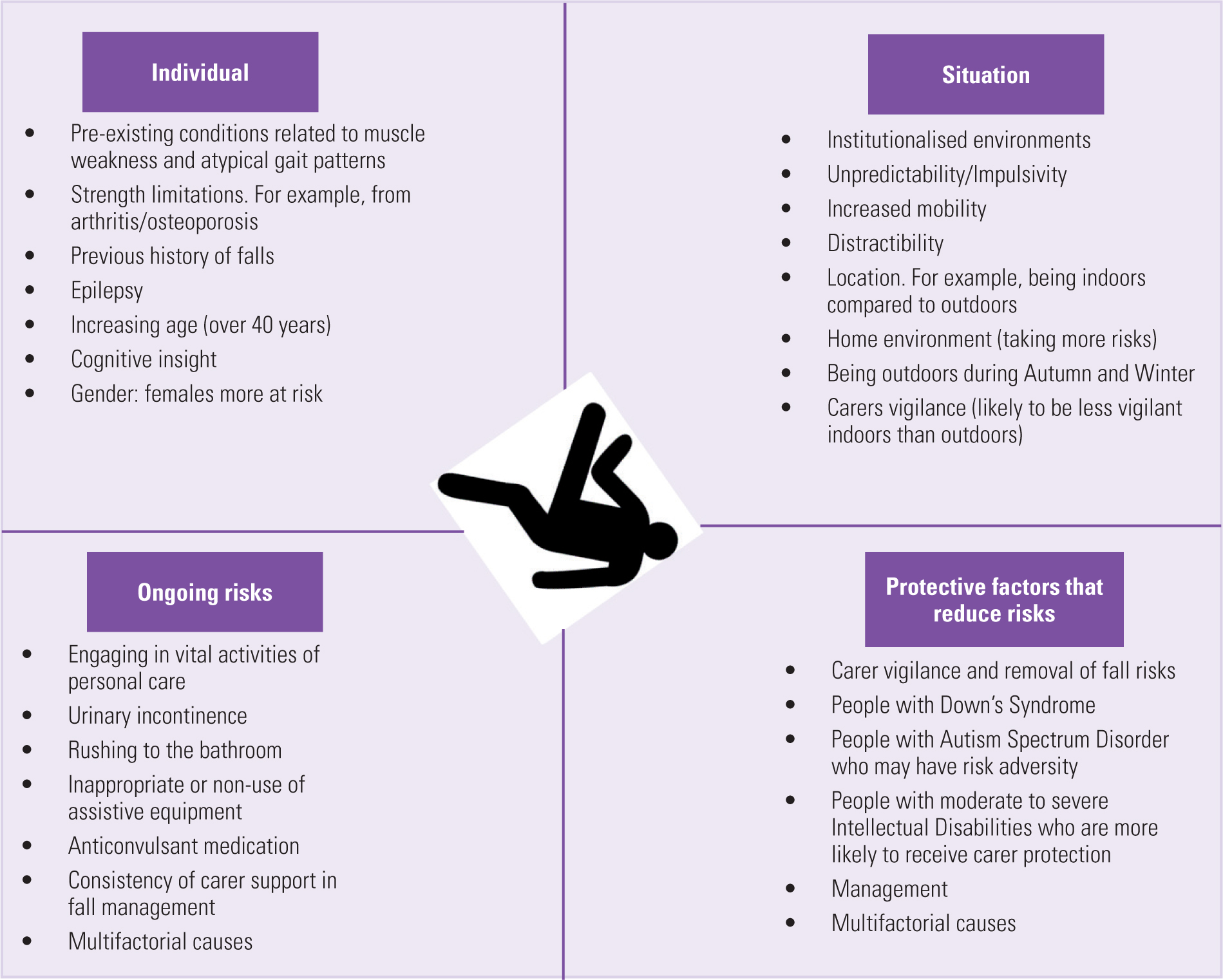Fascination About Dementia Fall Risk
Table of ContentsHow Dementia Fall Risk can Save You Time, Stress, and Money.The Basic Principles Of Dementia Fall Risk Dementia Fall Risk for DummiesDementia Fall Risk Things To Know Before You Get ThisThe smart Trick of Dementia Fall Risk That Nobody is Discussing
Ensure that there is a marked location in your clinical charting system where staff can document/reference scores and document relevant notes related to fall avoidance. The Johns Hopkins Autumn Danger Analysis Device is one of numerous tools your team can make use of to help prevent adverse clinical events.Patient falls in medical facilities are typical and debilitating negative occasions that persist despite years of initiative to decrease them. Improving communication across the analyzing registered nurse, care group, person, and individual's most involved family and friends might enhance autumn prevention initiatives. A group at Brigham and Female's Hospital in Boston, Massachusetts, looked for to develop a standard fall prevention program that centered around boosted communication and patient and household engagement.

The advancement group emphasized that successful implementation relies on person and staff buy-in, integration of the program right into existing operations, and integrity to program processes. The group noted that they are facing just how to make sure continuity in program implementation throughout durations of situation. During the COVID-19 pandemic, for instance, an increase in inpatient falls was associated with constraints in individual engagement along with limitations on visitation.
Unknown Facts About Dementia Fall Risk
These incidents are typically thought about avoidable. To execute the treatment, companies need the following: Access to Autumn TIPS resources Loss TIPS training and re-training for nursing and non-nursing staff, consisting of brand-new nurses Nursing process that enable patient and family members engagement to carry out the falls evaluation, ensure use the avoidance plan, and perform patient-level audits.
The outcomes can be very harmful, usually accelerating individual decline and triggering longer hospital stays. One research study approximated remains increased an extra 12 in-patient days after a person fall. The Loss TIPS Program is based upon engaging clients and their family/loved ones across 3 major processes: analysis, individualized preventative interventions, and auditing to guarantee that clients are participated in the three-step loss avoidance procedure.
The patient assessment is based on the Morse Fall Scale, which is a verified loss threat evaluation device for in-patient medical facility setups. The scale includes the 6 most usual reasons individuals in health centers drop: the client autumn history, risky conditions (including polypharmacy), use IVs and other external devices, mental status, gait, and movement.
Each threat variable links with one or even more workable evidence-based interventions. The nurse creates a strategy that includes the interventions and shows up to the treatment group, individual, and family on a laminated poster or printed aesthetic aid. Nurses develop the strategy while fulfilling with the individual and the person's household.
Unknown Facts About Dementia Fall Risk
The poster serves as a communication device with various other participants of the patient's treatment team. Dementia Fall Risk. The audit component of the program includes evaluating the patient's expertise of their danger factors and avoidance plan at the device and hospital degrees. Registered nurse champions perform a minimum of 5 private meetings a month with clients and their family members to check for understanding of the loss prevention strategy

An estimated 30% of these drops lead to injuries, which can range in seriousness. Unlike various other unfavorable events that call for a standard medical action, autumn prevention depends highly on the demands of the client. Including the input of people that understand the patient finest enables greater personalization. This approach has actually shown to be more reliable than loss avoidance programs that are based largely on the production of a threat score and/or are not adjustable.
Dementia Fall Risk - The Facts

Based on bookkeeping results, one site had 86% compliance and two websites had over 95% conformity. A cost-benefit analysis of the Autumn ideas program in eight health centers estimated that the program expense $0.88 per person to carry out and led to savings of $8,500 per 1000 patient-days in straight prices related to the avoidance of 567 tips over three years and 8 months.
According to the development team, organizations thinking about executing the program needs to carry out a preparedness evaluation and drops avoidance gaps analysis. 8 In addition, organizations need to guarantee the necessary facilities and workflows for application and create an application strategy. If one exists, the organization's Autumn Avoidance Task Pressure should be involved in preparation.
Fascination About Dementia Fall Risk
To begin, companies should ensure completion of training modules by registered nurses and nursing aides - Dementia Fall Risk. Hospital staff must analyze, based upon the needs of a healthcare facility, whether to make use of a digital health record printout or paper variation of the loss avoidance strategy. Implementing teams should recruit and train nurse champs and establish processes for auditing and reporting on loss information
Personnel require to be associated with the procedure of upgrading look here the operations to involve patients and family in the assessment and prevention strategy procedure. Equipment must be in location to ensure that systems can comprehend why an autumn happened and remediate the reason. Much more especially, nurses ought to have why not find out more channels to supply continuous comments to both staff and unit management so they can readjust and enhance autumn prevention workflows and connect systemic troubles.
Comments on “3 Easy Facts About Dementia Fall Risk Shown”